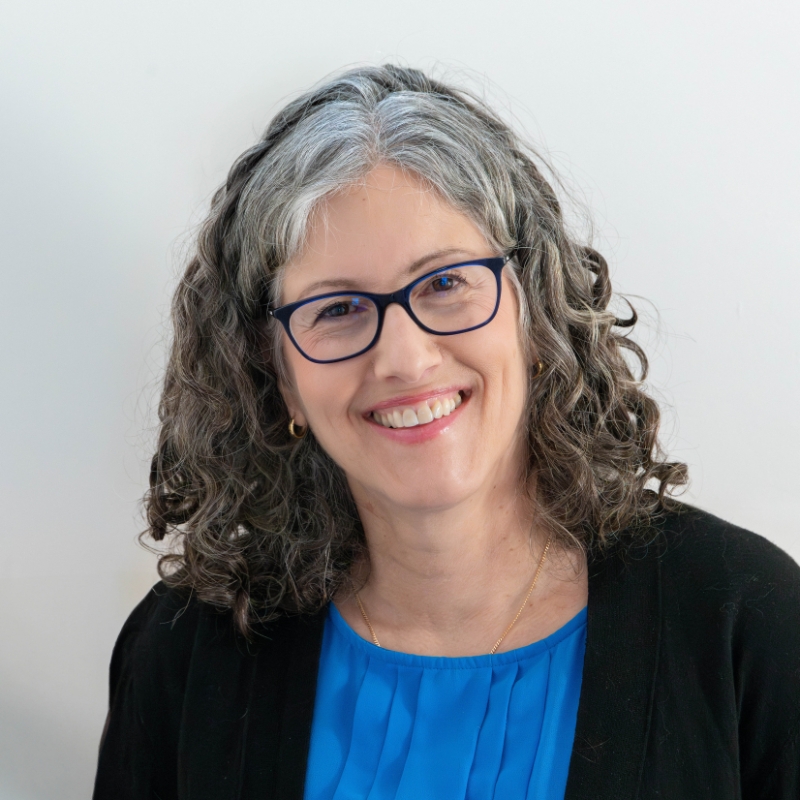A few weeks ago, I went to the Jordan Valley in the West Bank with Rabbis for Human Rights. We initially provided protective presence during a trucked-in water delivery to a Palestinian village whose natural water source had been diverted to a nearby settlement. We were there in the hopes that our presence would prevent settlers from disrupting the water delivery. Along the way, we passed a much smaller village where approximately 20 Bedouin families had lived up until the previous Friday night. On that fateful night, a settler exposed himself to a group of Bedouin women as the culmination of a relentless campaign of harassment and intimidation. The settlers had received a heter (special permission) from their rabbis to engage in such behavior on Shabbat. This shameful event was the final breaking point, and all of the inhabitants fled their village in the middle of the night.
After the water delivery, we tracked down two of the displaced Bedouin families who were temporarily housed in a one-room shack. They explained — and we observed — that they had been unable to bring most of their belongings with them because of the circumstances under which they left. We offered to go to their village and bring back whatever we could find. When we arrived, the scene was devastating. The settlers had burned their mattresses and stripped the house of all its contents, even the art off the walls. As I wandered the empty rooms, I spotted a red, fuzzy, heart-shaped pillow in a corner of an otherwise bare floor. It had a cartoon character embroidered on it, as well as the phrase “I Love You” in English and French. I took the pillow thinking it had probably been accidentally dropped by one of the children during their chaotic departure.
As soon as we returned to the one-room shack, the Rabbis for Human Rights folks shared the depressing report of what we had seen with the adults. Before I had a chance to approach the children, a little girl around four or five years old ran up to me, pulled the pillow from under my arm, and hugged it to her chest.
Find more resources on Shoftim.
Tzedek tzedek tirdof — “justice, justice, shall you pursue” is cited so often in Jewish social justice circles that it has become a kind of mantra. It originates in this week’s parshah, Shoftim, and refers to the importance of appointing judges who won’t take bribes. (Deuteronomy 16:20) Despite its narrow application in the Biblical context, “justice, justice, shall you pursue” is invoked these days to support activism on a range of issues, including climate change, immigration, and reproductive rights.
Breaking the phrase down into its component parts, tzedek is an ideological term that encompasses fairness, equity, and morality. Most commentators focus on the repetition of tzedek in the biblical verse. According to Robert Alter, the repetition serves to emphasize: “Justice, and justice alone, shall you pursue.” (emphasis added) Rather than tzedek, I believe that the key to understanding this phrase’s connection to modern-day social justice activism lies in the word tirdof — the second person command form of the verb to pursue, chase, or follow after. Tirdof conveys a sense of urgency — an imperative to do something now. Get off your devices, out of your homes, and into the world. Use your bodies — your arms, hands, legs, feet, voices, hearts — to act on your burning desire for justice. Tirdof calls for a lived experience of pursuing justice in real life, not in the realms of intellectual abstractions, our screens, or our internal lives.
Find more commentaries on Israel and the occupied Palestinian territories.
Rabbis for Human Rights’ work in the West Bank is an embodied practice that challenges unjust systems in the attempt to create better outcomes. Their staff and volunteers put their bodies on the line to reduce violence and amplify injustices committed against Palestinians. During the few hours I joined them, we offered a modicum of protection during a water delivery and witnessed firsthand both the devastation of the Bedouin families’ displacement and the precariousness of their resulting existence.
Ensuring a safe water delivery, visiting with displaced families, and bringing back a beloved pillow to a young girl are less than a drop in the ocean in terms of improving the situation for Palestinians living in the West Bank. And yet, bracketing the issue of scale, it is exactly these types of up front and personal acts that form the beating heart of the pursuit of justice. With our bodily presence, we communicate to the settlers that we oppose their actions while demonstrating to Palestinians that we see them, and we will raise up our voices and stand alongside them so long as we are bodily able to do so.
Rabbi Rachel Putterman was ordained by Hebrew College in 2020 and currently leads Temple Etz Chaim in Franklin, MA. She previously served as the director of hillel and associate chaplain at Trinity College. In her former career as a public interest attorney, she represented domestic violence survivors.

